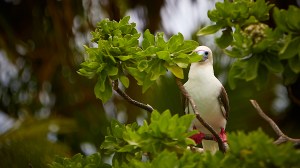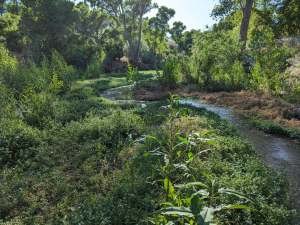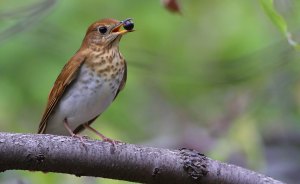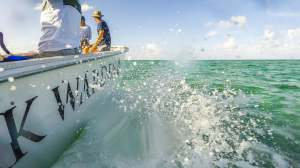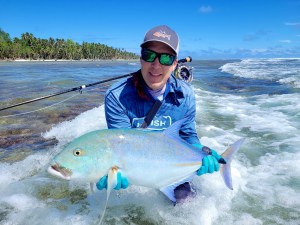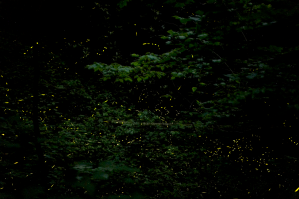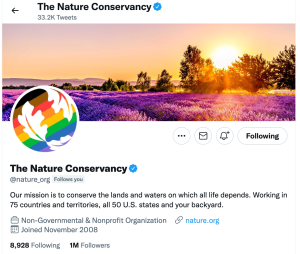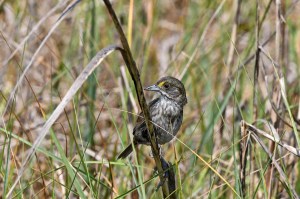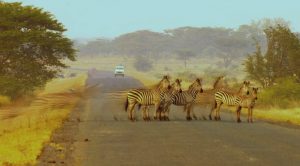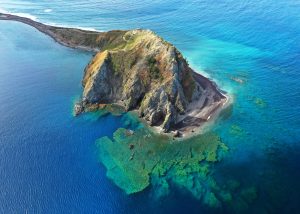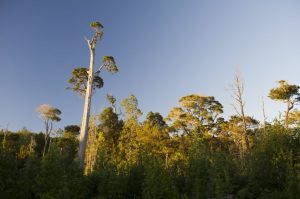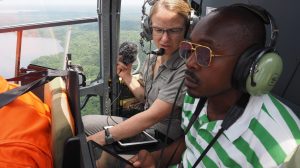Discover stories in Big Data
Coconut Palms Dominate Over Half of Pacific Atoll Forests
First study of its kind shows that decades of coconut palm agriculture have led to deforestation on over 80 percent of Pacific atolls, and coconut palms now cover more than half of the atolls' forested areas.
Mapping the World’s Groundwater-Dependent Ecosystems Reveals Protection Gaps
A first-of-its-kind global map shows 53% of groundwater-dependent ecosystems are in areas of known groundwater depletion, and likely at risk.
Earlier Springs Cause Problems for Birds
A climate change induced mismatch between green up and migration may prove too much for some species. But researchers say there’s still hope
The Value of Words + Pictures
Think nature-based tourism is only tied to wildlife watching and hiking? New science says we need to think again—especially in the Eastern Caribbean.
Palmyra’s Fishing for Science Program Tags 1,000th Fish
Launched in 2018, the program tagged its 1000th fish on December 5, 2022—a significant milestone in a challenging environment.
Want To Help Researchers Understand Fireflies?
Take a new look at the flashing fireflies in your backyard.
Turning Tweets into Action?
The science of science communications: Twitter Edition. Study shows promise for accelerating public engagement and advocacy for environmental issues, including climate change and biodiversity conservation.
How Sea-level Rise Impacts Marsh Sparrows
Scientists are studying the effects of sea-level rise on salt marshes, and two imperiled sparrow species.
Saving Animals by Mapping Their Migrations
Maps that display migration data with the human connections and livelihoods can help advance sustainable conservation.
Mapping the Way to Better Conservation in the Caribbean
For the first time, scientists have mapped all the shallow underwater habitats across 30 Caribbean countries and territories.
Natural Forest Regrowth Works for Climate Change Mitigation
One of the most powerful ways trees can help mitigate global climate change may also be one of the most overlooked: letting nature takes its course.
Better Mapping for Better Management of Gabon’s Coastal Wetlands (and Beyond)
If a picture is worth a thousand words, an accurate map may well be worth an entire novel. In Gabon, scientists are working to map a healthy future for Gabon's coastal wetlands.
